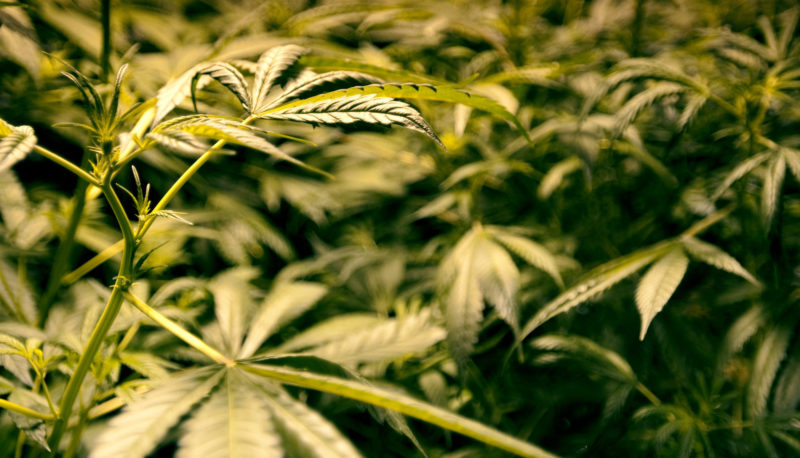On July 5, 2014 Gov. Cuomo approved a bill for medical marijuana use that would allow sufferers of certain medical conditions to legally use marijuana as pain relief under the Compassionate Care Act. Under the Compassionate Care Act, patients with ailments such as, cancer, HIV/AIDS, Parkinsons, ALS, multiple sclerosis and epilepsy will be able to use medical marijuana.
Does that mean you can still drive while using medical marijuana? The current New York law allows for charges against drivers who are impaired while operating a motor vehicle. What many states term DUI (Drugs), New York defines as DWAI: Drugs. Driving while ability impaired by the use of a drug means that a driver was operating a motor vehicle while their ability to do so was impaired by the use of a drug (other than alcohol). Upon conviction, even first-time offenders can face fees, driver’s license revocation, probation, and/or jail time. New York is known for its tough impaired and intoxication driving laws, and this charge is no exception. A driver can face a DWAI: Drug even if the drug was legal to possess, illegal to possess or ingest, and whether or not the drug was prescribed to the motorist. For this reason in particular New York’s DWAI:Drugs law is concerning to medical marijuana activists.
As legal marijuana use expands across the country for both medical and recreational uses, advocates claim that DUI laws are not catching up. This has especially been a problem for drivers in Colorado who use medical marijuana legally. Marijuana advocates’ concerns stem from the tendency for THC, the active chemical in marijuana, to remain in a user’s system for long periods of time after the high has worn off. This means that hours after using in accordance with a legal prescription, a medical marijuana user could still face a DUI even if they are no longer high from the drug.
Of course, medical marijuana use is not yet legal in New York. Though marijuana use is still illegal in all forms in New York, concerns are still raised about the current law’s inability to distinguish between legal and illegal drugs for DWAI: Drug purposes. In other words, a driver can still be charged if the drug was legal and/or prescribed to them. However, New York law does state that a drug listed as a controlled substance under the New York State Public Health Law must cause the driver’s impairment. It remains unclear how the proposed medical marijuana law would impact the DWAI: Drug charge.
Obviously, handling a DWAI: Drug charge is complicated, so if you are facing this charge you will need a highly qualified attorney like those at Nave DWI Defense Attorneys. Our skilled, experienced attorneys have successfully represented New York drivers for years. Let us put our extensive legal knowledge and practice to use for you. If you or a loved one is facing a DWAI: Drug charge, or any other DWI-related charge contact us for a free case evaluation.
DISCLAIMER: The exclusive purpose of this article is educational and it is not intended as either legal advice or a general solution to any specific legal problem. Corporate offices for Nave DWI Defense Attorneys are located at 432 N. Franklin Street, Suite 80, Syracuse, NY 13204; Telephone No.: 1-866-792-7800. Prior results do not guarantee a similar outcome. Attorney Advertising.





